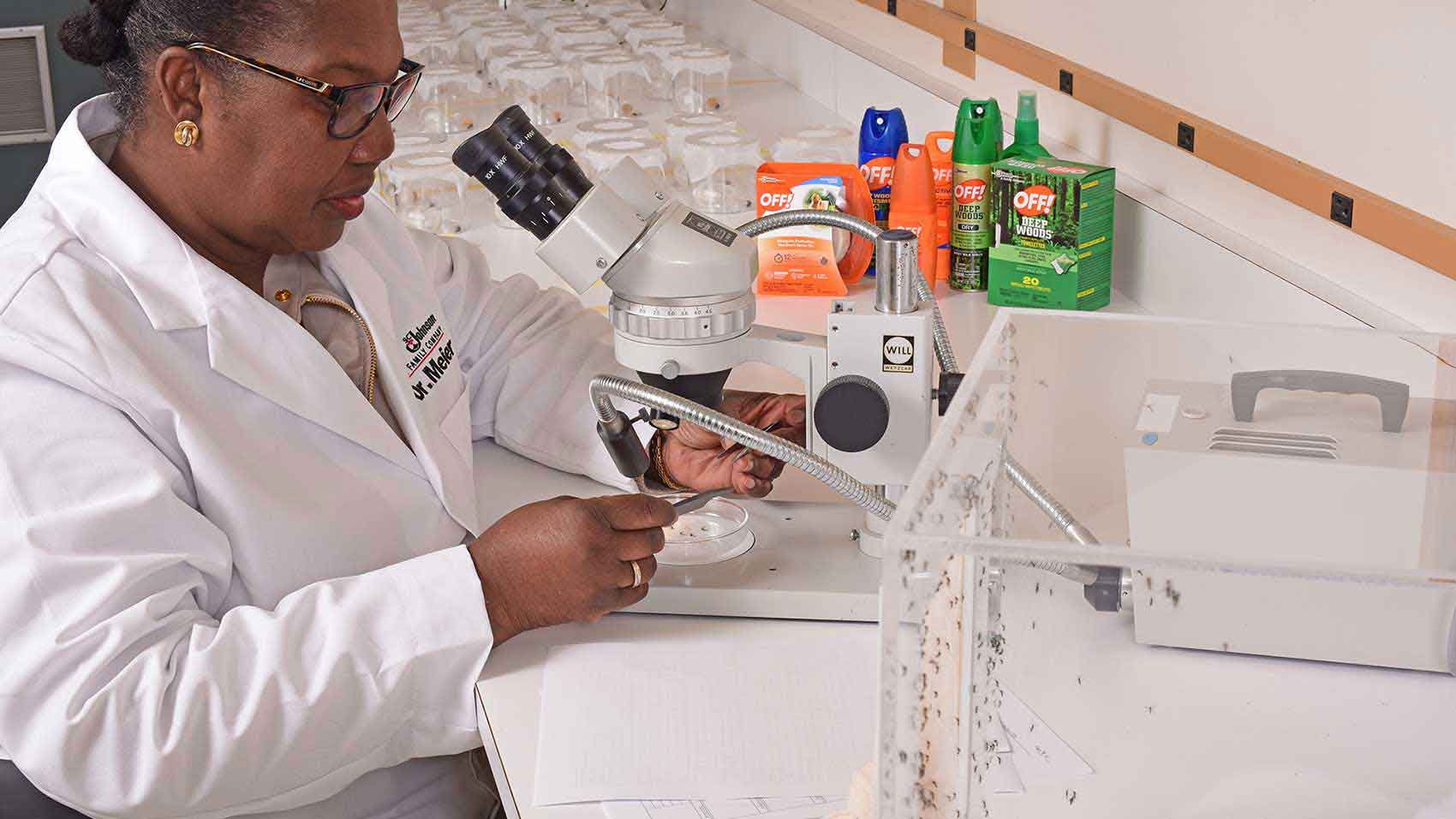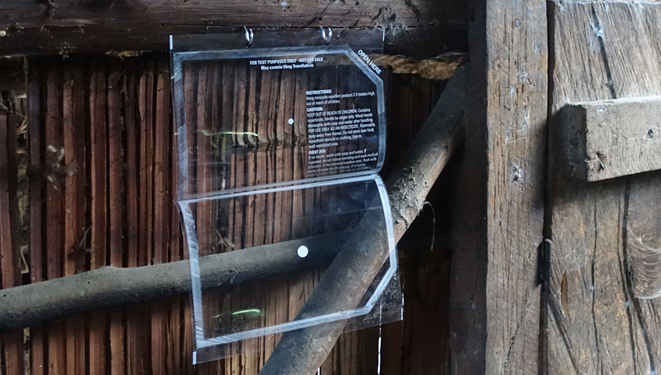World Malaria Day: Why SC Johnson is Helping in the Fight to End Malaria
World Malaria Day is a time to recognize the global efforts that have saved millions of lives over the past decade. It’s also a reminder that the fight to eradicate malaria and other mosquito-borne diseases has a long way to go.
The Reality of Malaria1
- An estimated half of the world’s population is at risk of malaria
- In 2019, there were an estimated 229 million cases worldwide and 409,000 deaths
- The World Health Organization (WHO) African Region accounted for 94% of malaria cases and deaths in 2019.
- Children under the age of 5 are the most vulnerable group, representing over 67% of malaria deaths.
A Healthier World
As one of the world largest manufacturers of insect repellents and household pest control products, we bring our core competencies in science, innovation and partnerships to the fight against this pressing public health issue. For decades, we’ve been leveraging our expertise and capabilities to make contributions towards eradicating malaria.
Here are some of the ways we make an impact...
Leveraging science. In 1957, we opened one of the largest private, urban entomology research centers in the world, today known as the SC Johnson Institute of Insect Science for Family Health. The Institute’s scientists work tirelessly to understand how to best protect against mosquitoes that may carry diseases, and create products to control them.

Focusing on families most at risk. Often, those most at risk for mosquito-borne diseases are those living in remote areas who lack access to or information about mosquito-bite prevention. That is why our Base of the Pyramid team works with non-governmental organizations (NGOs) worldwide to help educate communities on how to avoid mosquito bites and prevent disease transmission. So far, more than 1.7 million people across seven African and Asian countries have learned mosquito bite prevention strategies though commercial and philanthropic strategies from our Base of the Pyramid team’s efforts.
Helping with preventive measures. For more than a decade, SC Johnson Philippines’ IWAS Dengue program has reached about 100,000 families a year with dengue-prevention educational information. The program also provides free area repellent spraying in typical mosquito breeding areas. SC Johnson has now expanded the program to additional countries across Latin America, Asia and Africa.

Providing better access to health care and education. Public health support can make a major impact on malaria prevention by providing access and education to those in remote areas. One example is those in rural Rwanda, where the entire population2 is considered at risk of malaria and where the nearest health clinics are sometimes a 3 hour walk away. In partnership with the Rwanda Ministry of Health and the Society for Family Health Rwanda, we have established more than 55 health clinics across Rwanda which help address public health issues including malaria, HIV/AIDS, family planning, nutrition and access to clean water.
Enabling education for children. 2016, we partnered with Sesame Street to raise awareness and share information on mosquito bite prevention. The educational program, called 1, 2, 3, Stay Away Mosquitoes, featured Muppet friends Elmo, Grover, Ernie and others offering tips and age-appropriate materials about the benefits of wearing protective clothing and using repellent.
Staying committed for the future. Globally, there has been incredible progress toward eradicating malaria, but there is still a long way to go. We’re committed to continually bringing our knowledge, resources and global partnerships to help reduce the burden of malaria and keep working toward a healthier world.